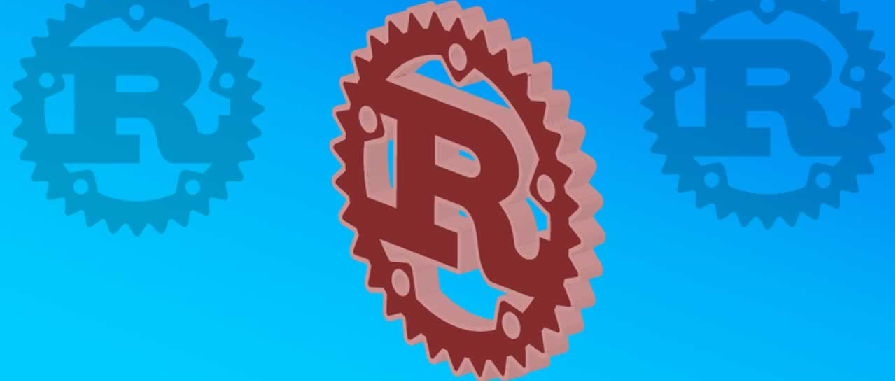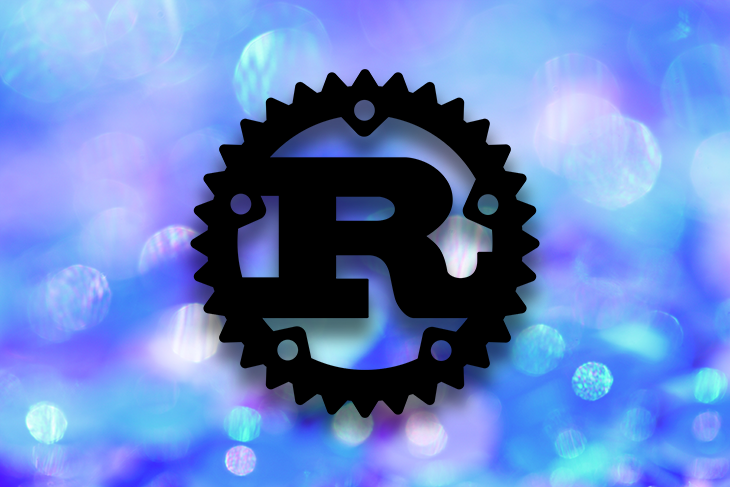Table of Contents
Introduction
Rust is rapidly gaining traction in the web development world. Its focus on memory safety, performance, and concurrency makes it an ideal choice for building robust and scalable backend applications. But with a growing ecosystem of web frameworks, choosing the right one can be overwhelming.
This article explores five of the most popular Rust web frameworks, highlighting their strengths, weaknesses, and real-world use cases to help you make an informed decision for your next project.
1. Actix Web
Actix Web is a mature and feature-rich framework known for its excellent performance and strong community support. It leverages the power of the Actix actor model, enabling efficient handling of concurrent requests. Actix Web is a great choice for complex applications that demand high scalability and real-time features.
Real-Life Example:
- CloudFlare Workers [invalid URL removed] utilizes Actix Web to power its serverless platform, enabling developers to build performant and scalable edge applications.
2. Rocket
Rocket is known for its elegant and developer-friendly approach. It boasts a minimal API with a focus on code readability and ergonomics. Rocket offers a powerful routing system and built-in features for handling common tasks like validation and JSON serialization. If you prioritize developer experience and a clean codebase, Rocket is a solid option.
Real-Life Example:
- Hush Hush [invalid URL removed] is a privacy-focused pastebin service built with Rocket. Its focus on developer experience aligns well with Rocket’s philosophy.
3. Axum
Axum is a relatively new but rapidly growing framework. It emphasizes simplicity and minimalism, offering a concise API built on top of the powerful Tower middleware ecosystem. Axum is ideal for projects that value a clean codebase, ease of use, and the flexibility of middleware for customization.
Real-Life Example:
- Supabase is an open-source Firebase alternative that utilizes Axum for its backend API. This demonstrates Axum’s suitability for building modern web applications.
4. Warp
Warp is another rising star in the Rust web frameworks scene. It prioritizes performance and low-level control. Warp offers a powerful filter-based approach to routing, making it a good choice for developers comfortable with a more hands-on approach.
Real-Life Example:
- Vercel utilizes Warp in its serverless platform, showcasing its ability to handle high-performance workloads.
5. Tide
Tide takes minimalism to the extreme. It offers a very basic API with a focus on simplicity and ease of learning. Tide is a great choice for smaller projects or developers new to Rust web development.
Real-Life Example:
- Several hobby projects and learning resources leverage Tide due to its approachable nature.
Choosing the Right Framework
The best Rust web frameworks for your project depends on your specific needs and preferences. Consider factors like:
- Project complexity: For large, complex applications, Actix Web or Rocket might be suitable.
- Developer experience: If developer experience is a priority, Rocket or Axum could be good choices.
- Performance: If raw performance is critical, consider Warp or Actix Web.
- Learning curve: For beginners, Tide or Axum could be easier to pick up.
Conclusion
The Rust web development landscape is evolving rapidly, with these five frameworks leading the charge. By understanding their strengths and weaknesses, you can make an informed decision and leverage Rust’s power to build secure, performant, and scalable web applications.

Frequently Asked Questions about Rust Web Frameworks
Here’s a breakdown of some common questions regarding Rust web frameworks:
1. What is the best web framework for Rust?
There isn’t a single “best” framework. The best choice depends on your project’s specific needs. This article highlights the strengths and use cases of popular frameworks like Actix Web, Rocket, Axum, Warp, and Tide to help you decide.
2. Does Rust have a web framework?
Yes, Rust boasts a rich ecosystem of web frameworks. The options mentioned above are just a few of the popular choices, each catering to different project requirements and developer preferences.
3. Can I use Rust for web development?
Absolutely! Rust’s focus on memory safety, performance, and concurrency makes it an excellent choice for backend web development. It can handle complex applications efficiently and offers the benefits of a compiled language.
4. What is the fastest API framework in Rust?
Warp and Actix Web are generally considered the fastest Rust web frameworks. They prioritize performance and offer low-level control for developers seeking maximum efficiency.




Leave a Reply